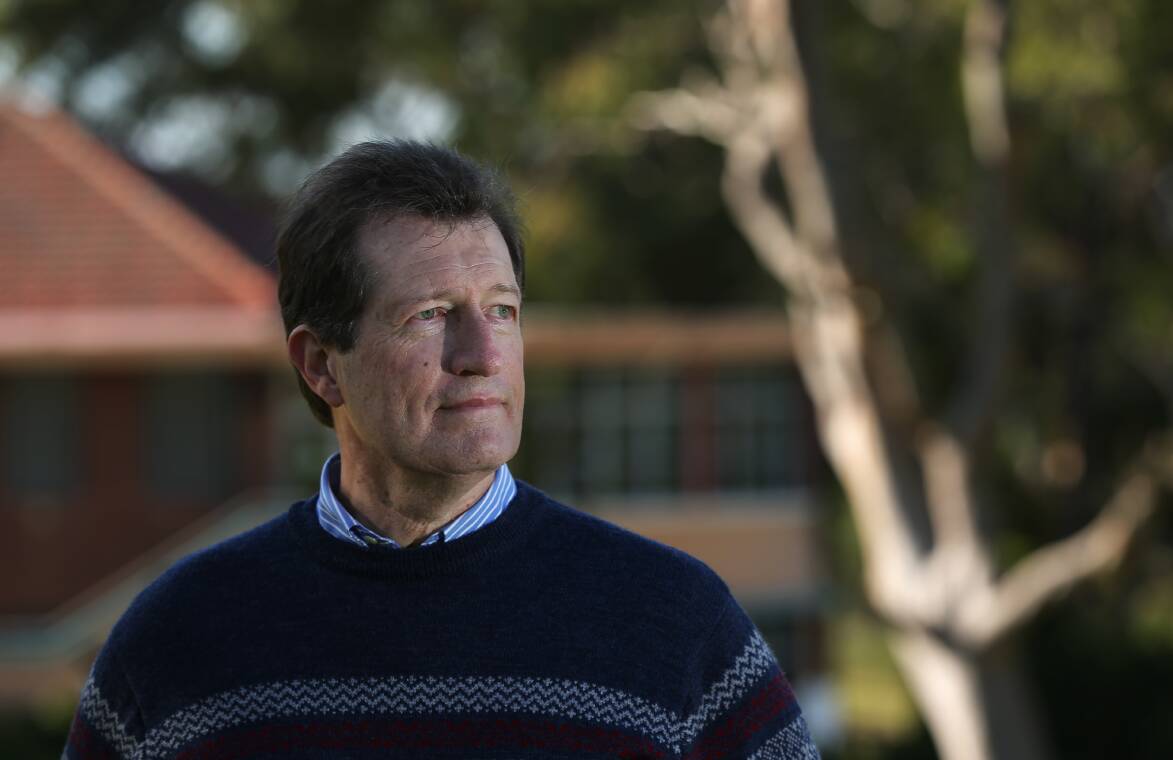
Picornaviruses are causing about 25 per cent of positive PCR tests for respiratory illnesses in Hunter New England this week, Dr David Durrheim says.
Dr Durrheim, a Hunter New England Health physician, said the rhinovirus was among this class of viruses.
"It has a propensity for the nose," he said, highlighting its "rhino" name.
A rise in cases of human metapneumovirus (HMPV) has also been recorded.
A NSW Health spokesperson said HMPV was detected in 1168 people statewide in the week ending September 17, representing 4.6 per cent of positive PCR tests for a range of viruses.
"It's normally tracking at 1 to 2 per cent, so it is a little bit of an increase," Dr Durrheim said.
He added that HMPV was a "very seasonal" infection in early spring and late winter.
"It's very rare that it causes outbreaks. The Hunter had its first outbreak in 2008 in an aged-care facility and we haven't had another one since."
He said the virus was "first described only in 2001".
The virus data comes from people with respiratory illnesses who are unwell enough to seek medical attention and be tested.
The latest NSW Respiratory Surveillance Report, published on Thursday, said Hunter New England recorded 221 COVID cases, 98 flu cases and 40 RSV cases in the week ending September 23.
This compared to 234 (COVID), 295 (flu) and 135 (RSV) in the week ending July 29.
"Flu is at very low levels. This is what we see as we head towards summer. Flu almost disappears," Dr Durrheim said.
"COVID is still kicking around at 3 to 4 per cent. It's not gone away completely. We have to expect another wave, but no one is too sure when," he said.
The federal government last week announced an inquiry into the government response to the COVID-19 pandemic.
Dr Durrheim said it was "fantastic that Australia and New Zealand are having a close look at what we can take from the pandemic".
"It's quite clear that an early elimination strategy is totally appropriate with a transmissible virus that causes severe disease. That strategy bought us the time to get the vaccine rollout," Dr Durrheim said.
"Obviously we're seeing minor illness now in most people."
But he noted that Australian Bureau of Statistics data into causes of death, released on Wednesday, "showed Omicron was the third leading cause of death in Australia last year".
"It would have been extravagantly higher if we hadn't bought the time to roll out a vaccine and protect most people," he said.
"We do know that most of those deaths are in the very old and frail and updated boosters are going to become a very important measure to particularly protect the elderly and folks with chronic diseases."
Dr Durrheim was co-author of an academic paper released last August, partly titled "Getting the Balance Right".
It examined the effects of public health restrictions in residential aged care on residents, families and staff during COVID.
"Consultation with residents, family and health workers throughout a pandemic will help identify those most at risk of social isolation and physical decline and develop strategies to minimise their impact," the paper stated.
"The rights and welfare of residents must be respected at all times."







